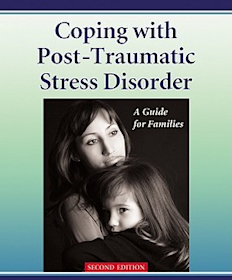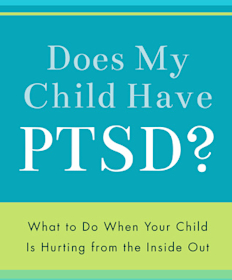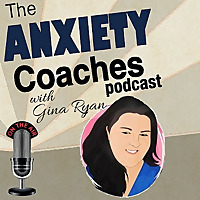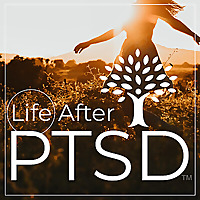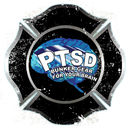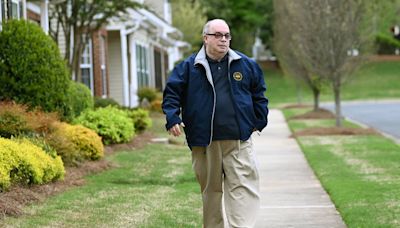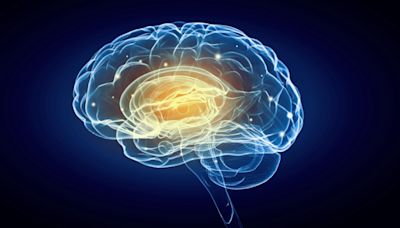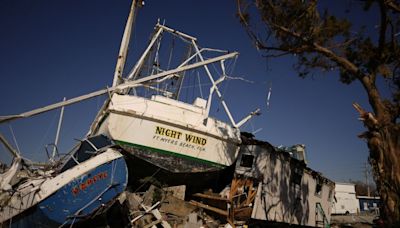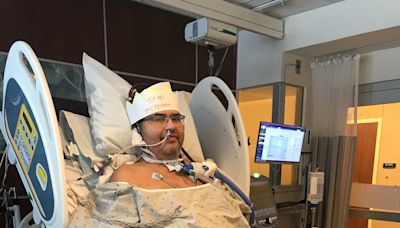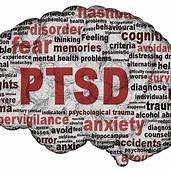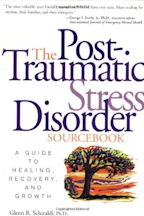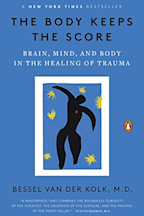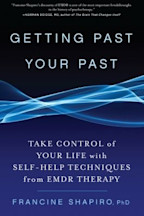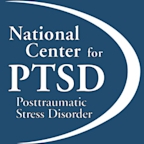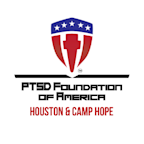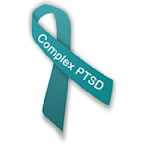Search results
Find the right therapist for you.
Powered by

You will be redirected to a third party site for results, which are provided for informational purposes only. Yahoo does not retain any information submitted via this form, and does not endorse or recommend any particular services or therapists.
- Books for Family & Caregivers
- Podcasts
- Text HOME to 741741 to reach a trained Crisis Counselor through Crisis Text Line, a global not-for-profit organization. Free, 24/7, confidential.
Coping with PTSD and Support Resources
Veterans Battling PTSD
COVID-19 Pandemic and its Impact on PTSD
PTSD and Celebrity Struggles
Dec 13, 2022 · Post-traumatic stress disorder (PTSD) is a mental health condition triggered by a terrifying event, causing flashbacks, nightmares and severe anxiety.
Jan 2, 2024 · Posttraumatic stress disorder (PTSD) is a mental health problem. PTSD can only develop after you go through or see a life-threatening event. It's normal to have stress reactions to these types of events, and most people start to feel better after a few weeks.
Posttraumatic Stress Disorder (PTSD) is a psychiatric disorder that can occur in people who have experienced or witnessed a traumatic event, series of events or set of circumstances. An individual may experience this as emotionally or physically harmful or life-threatening and may affect mental, physical, social, and/or spiritual well-being.
Oct 26, 2022 · Posttraumatic stress disorder (PTSD) can occur after someone goes through a traumatic event like combat, assault, or disaster. Most people have some stress reactions after a trauma. If the reactions don't go away over time or disrupt your life, you may have PTSD. What is PTSD? Understand what PTSD is and how it affects people young and old.
Posttraumatic stress disorder (PTSD) is a disabling disorder that develops after exposure to a traumatic event. It is characterized by intrusive thoughts, nightmares, and flashbacks; avoidance of reminders of the trauma; negative cognitions and mood; hypervigilance and sleep disturbance. Diagnosis is based on clinical criteria.
Posttraumatic stress disorder (PTSD) involves intense, unpleasant, and dysfunctional reactions after an overwhelming traumatic event. Events that threaten death or serious injury can cause intense, long-lasting distress. Affected people may relive the event, have nightmares, and avoid anything that reminds them of the event.
Post-Traumatic Stress Disorder. What is post-traumatic stress disorder, or PTSD? It is natural to feel afraid during and after a traumatic situation. Fear is a part of the body’s “fight-or-flight” response, which helps us avoid or respond to potential danger.
